Visiting Scholars
Visiting Scholars
| Visitor | Period of stay | Office | Email address | Research interests | |
|---|---|---|---|---|---|
John Carpenter |
1 April 2025 to 3 April 2025 | Dr. John Carpenter joined the ALMA Project in September 2015 as the ALMA Observatory Scientist. John received his PhD from the University of Massachusetts-Amherst, and was a James Clerk Maxwell Fellow at the University of Hawaii and an Postdoctoral Scholar at the California Institute of Technology (Caltech). While at Caltech, John conducted research using the Owens Valley Radio Observatory (OVR... |
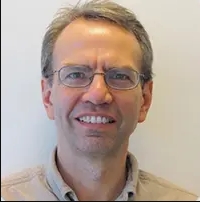 |
Past Visiting Scholars
| Visitor | Period of stay | Research interests | |
|---|---|---|---|
|
Li Jiangtao University of Michigan |
23 Sep 2019 to 24 Sep 2019 | Multi-wavelength observations of the circum-galactic medium (CGM) of nearby galaxies; High redshift universe (quasars, CGM, IGM). |
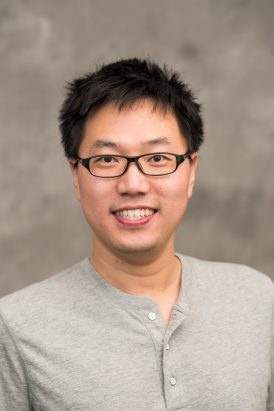 |
|
Ryosuke Hirai Waseda University |
18 Sep 2019 to 20 Sep 2019 | Binary Stars;Numerical Techniques |
|
|
Congyao Zhang Max-Planck Institute for Astrophysics (MPA) |
2 Sep 2019 to 10 Sep 2019 | large-scale structure, galaxy cluster, and cosmology |
 |
|
Xin Wang University of California |
30 Aug 2019 | Xin studies how gas flows, star formation and galactic feedback influence the cycle of baryons and metals as a key ingredient to the chemo-structural evolution of high-redshift galaxies using diffraction-limited spatially-resolved spectroscopy. |
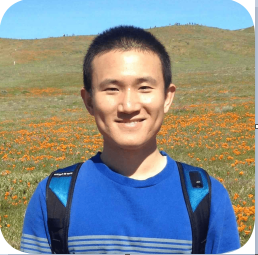 |
|
Se-Heon Oh Department of Physics and Astronomy, Sejong University |
23 Jul 2019 to 6 Aug 2019 | • Galaxy dynamics and its link to star formation • Observational radio astronomy • Galaxy surveys with SKA pathfinders |
 |
|
Jim Fuller California Institute of Technology |
12 Jul 2019 |
 |
|
|
Re’em Sari The Racah Institute of Physics, The Hebrew University of Jerusalem |
12 Jul 2019 to 16 Jul 2019 | cosmological gamma-ray bursts and their afterglow, as well as dynamical issues in planet formation and their orbital evolution |
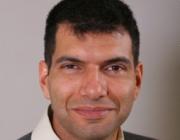 |
|
Zoltan Haiman Columbia University |
2 Jul 2019 to 8 Jul 2019 | Binary Black Holes and Gravitational Wave Astronomy;Cosmology and Large Scale Structures;Structure Formation in the Early Universe |
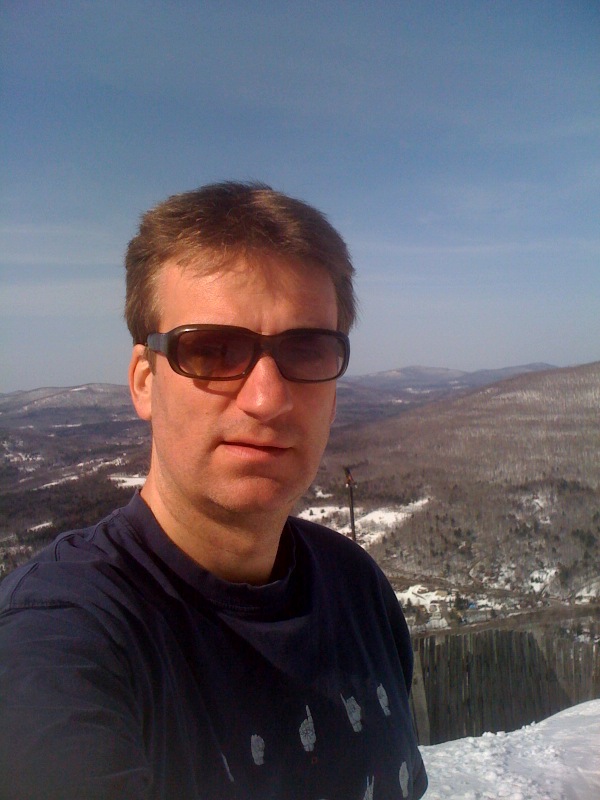 |
|
Miao Li Flatiron Institute |
1 Jul 2019 to 6 Jul 2019 | Li’s research focuses on understanding how galaxies form and evolve, in particular on how the small-scale feedback from stars regulates galaxy formation. |
 |
|
Ana Bonaca Harvard University |
27 Jun 2019 to 30 Jun 2019 | Tidal disruption of Galactic satellites and buildup of its stellar halo, global mapping of dark matter in the Milky Way and searches for low-mass dark matter subhalos |
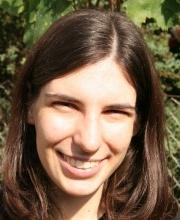 |
